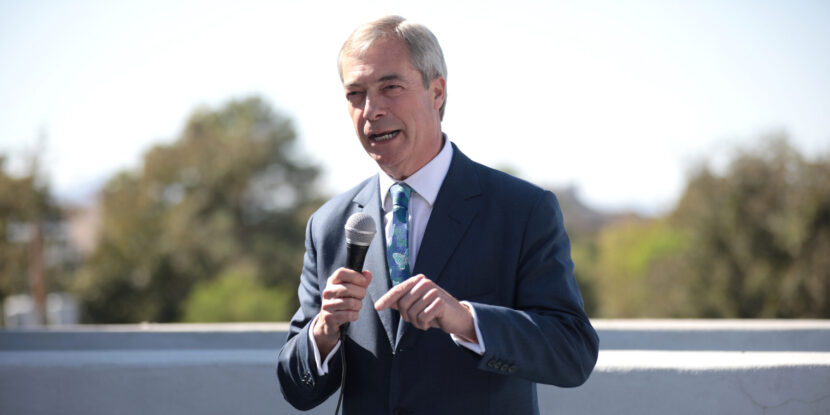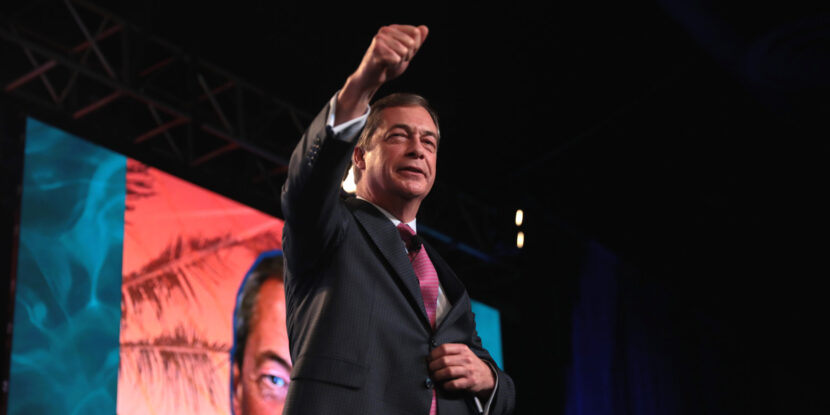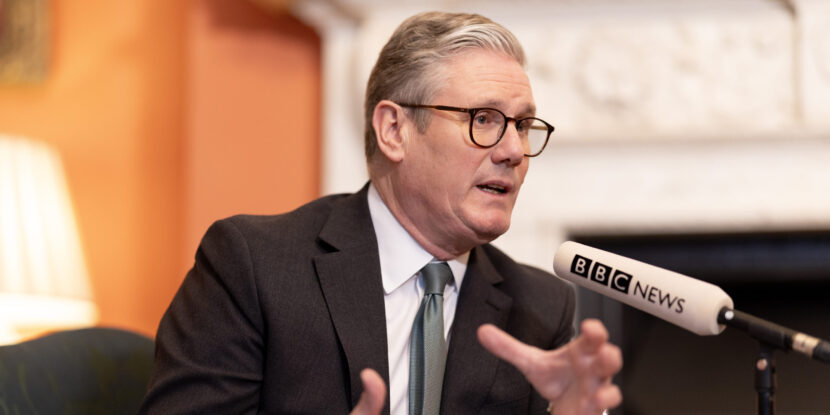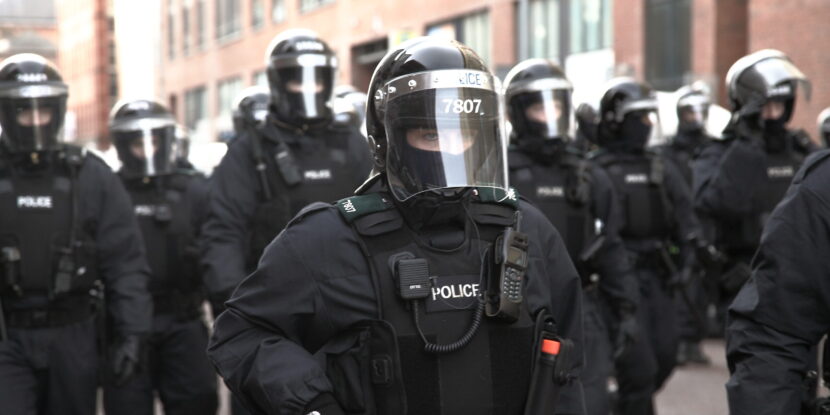PULSE POINTS:
❓What Happened: Prosecutors have charged a man for burning a Quran in England, which critics say could introduce blasphemy laws back to the country.
👥 Who’s Involved: Prosecutors, Shadow Justice Secretary Robert Jenrick, Hamit Coskun.
📍 Where & When: Charges were laid after Coskun burned the Quran as part of a protest earlier this year.
💬 Key Quote: “It is not for the Crown Prosecution Service (CPS) or courts to create a blasphemy law in this country by the back door.” — Conservative Member of Parliament (MP) Robert Jenrick.
⚠️ Impact: If the prosecution continues and Coskun is found guilty, it could introduce a new de facto blasphemy law into the British legal system.
IN FULL:
British prosecutors have criminally charged a man under the Public Order Act after setting fire to a copy of the Islamic Quran, claiming that he was “harassing” the religion by doing so. Critics have warned that the case could set a precedent for a quasi-blasphemy law in the United Kingdom if the man is convicted.
Hamit Coskun has been charged with harassing the religion, which the prosecutor claims is an “institution” in Britain. It is the first time anyone has been charged with such an offense, as prior to the case, religions like Islam were not considered “persons.”
Shadow Justice Secretary and former Conservative Party leadership contender Robert Jenrick sharply criticised the move to prosecute Coskun. “Burning the Quran, like any religious text, is something that some people find very offensive and few people would condone, but that’s not the point. There are many things in our society that people find offensive, but that doesn’t make them criminal,” Jenrick said.
He added that Britain scrapped blasphemy laws nearly two decades prior, saying it was “right to do so.” He insisted: “It is not for the Crown Prosecution Service (CPS) or courts to create a blasphemy law in this country by the back door.”
The case came just months after another man in Manchester was admonished by a judge for tearing out a page of a Quran and burning it. According to the judge, the book was “sacred” and such actions were not permissible in a “tolerant” society.
Some Muslim lawmakers in Britain, including members of the ruling Labour Party, have called for blasphemy laws to return to the country. Tahir Ali MP urged the government to ban the desecration of religious texts, something Prime Minister Sir Keir Starmer refused to rule out at the time.
show less









